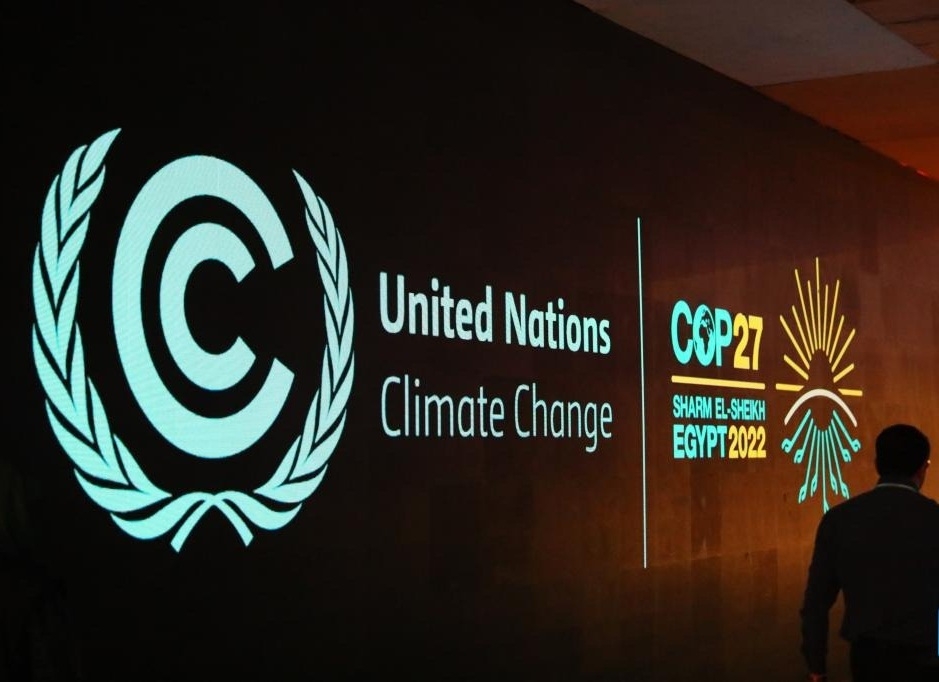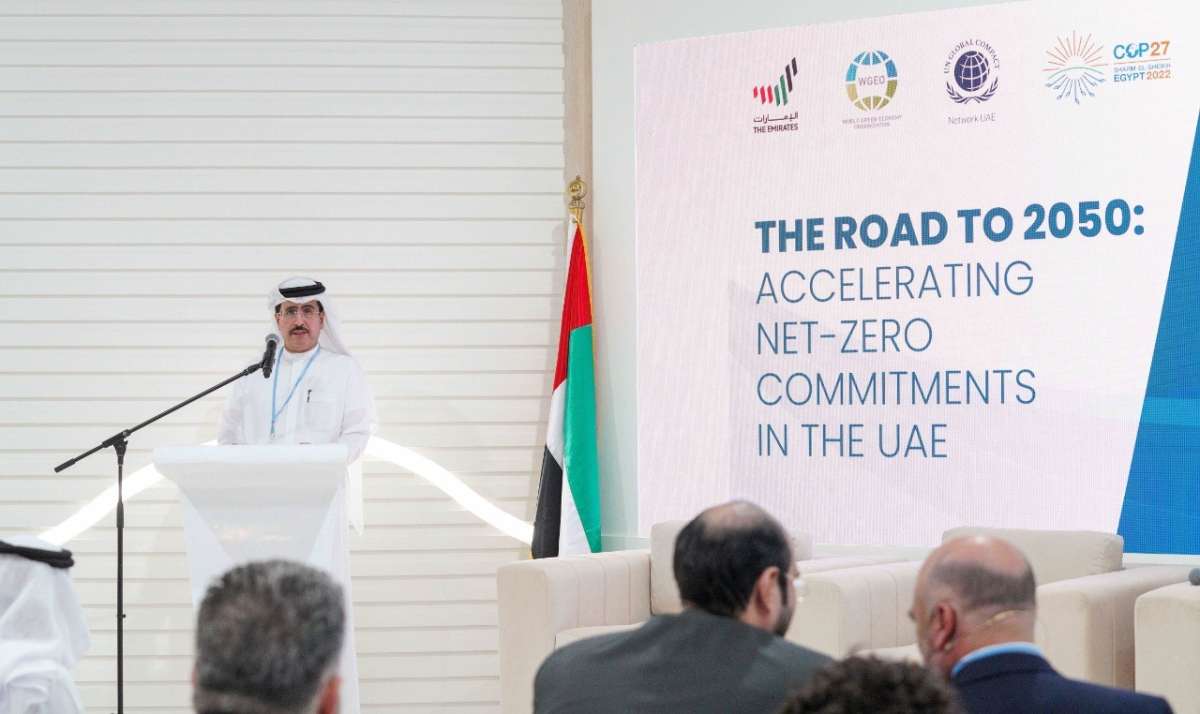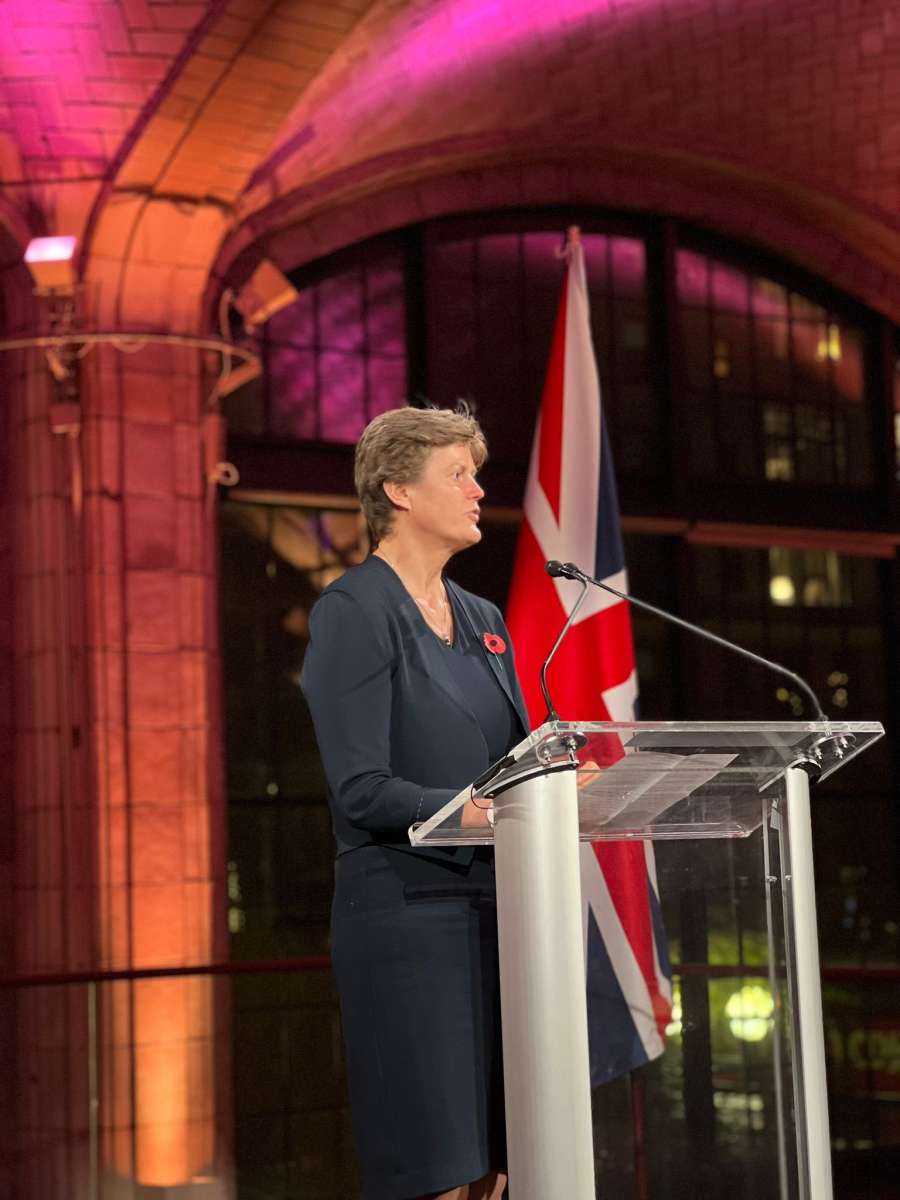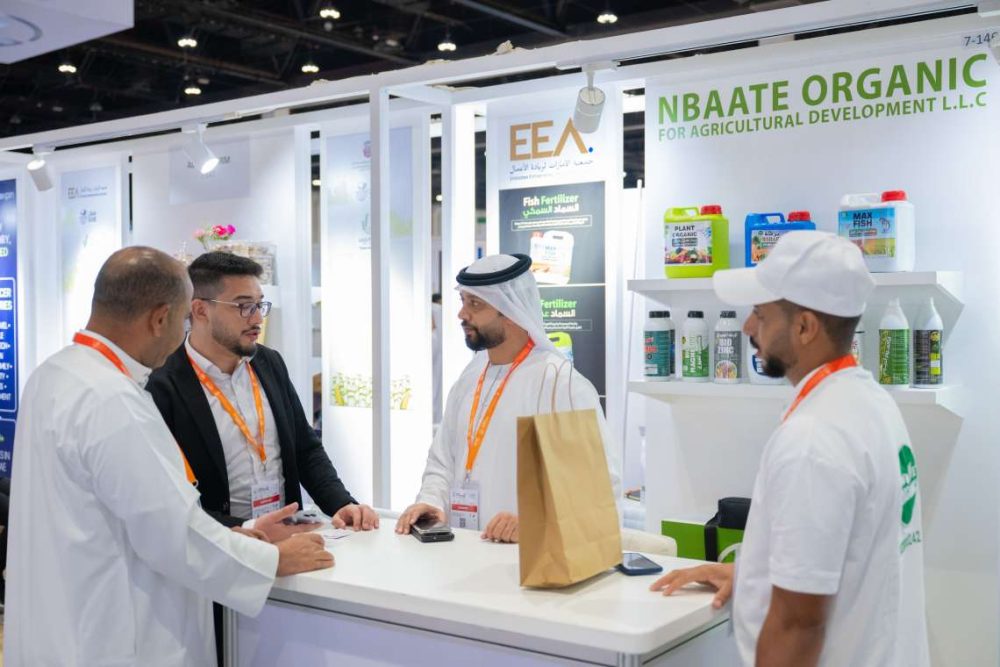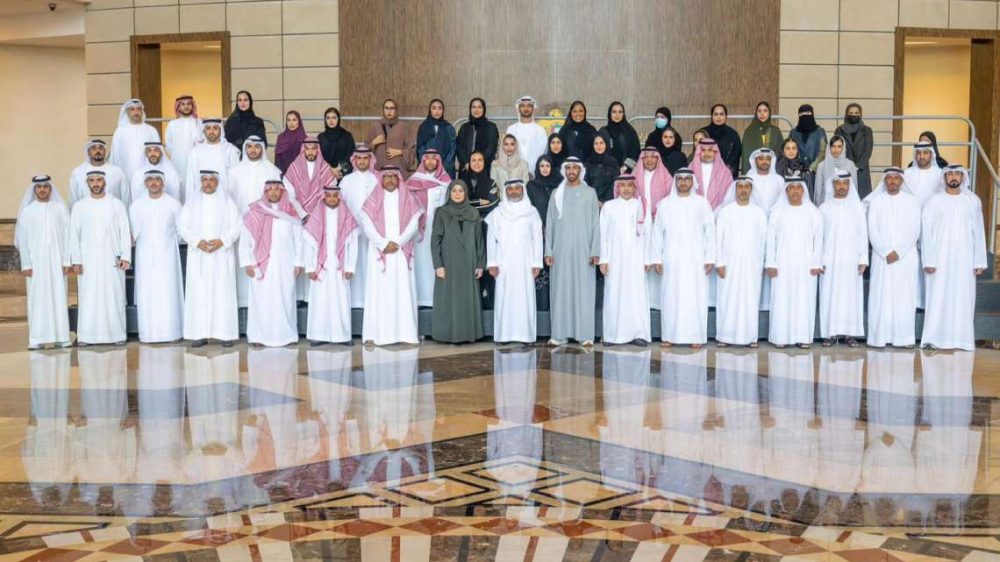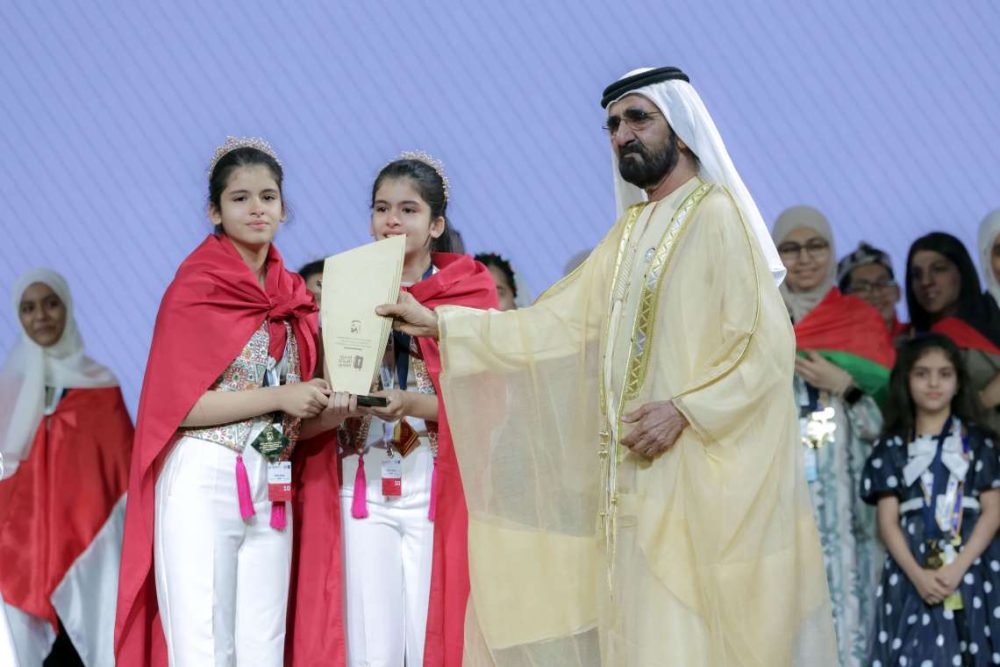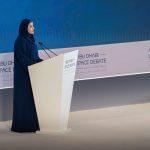The Agency’s “Single-Use Plastic” session was attended by stakeholders from EAD, Global Alliance for Incinerator Alternatives (GAIA), and 99Bridges…reports Asian Lite News
The Environment Agency – Abu Dhabi (EAD) shared key progress highlights of Abu Dhabi’s Single-Use Plastic Policy during a panel discussion organised at the United Nations Climate Change Conference (COP27), being held in Egypt.
The session showcased best practices regionally and internationally and helped foster cooperation possibilities for the UAE, which is taking several proactive measures to both reduce the reliance of single-use plastic and nurture a culture of sustainability.
The Agency’s “Single-Use Plastic” session was attended by stakeholders from EAD, Global Alliance for Incinerator Alternatives (GAIA), and 99Bridges. The speakers discussed how Abu Dhabi is leading the Single-Use Plastic Policy through EAD, as well as the international experience of GAIA, and the use of technology and innovation by 99Bridges. The delegations also expressed concern over the linkage between climate change and single-use plastics.
The Agency was able to showcase its achievements to date since launching the policy in 2020, as well as key learnings from other significant players, while highlighting innovative solutions and the potential to develop further opportunities for collaboration.
Abdulla Al Remeithi, Director of Integrated Environment Policy and Planning at EAD, said, “We might not think that there is a link between climate change, the focus of COP27, and single-use plastic but there is. That is why we decided to host a session dedicated to single-use plastic at this prominent event. Single-use packaging is associated with material flow, production, distribution, consumption, and the end-of-life management such as waste treatment – and throughout this whole cycle emissions are released. Therefore, any change in the consumption of packaging material will undoubtedly have an adverse effect on the levels of emissions, which in turn can be a contributor towards mitigating climate change.”
“Global as well as local action is required to yield environmental benefits, economic circularity and the reduction of emissions. Throughout the process of implementing the Single-Use Plastic Policy in Abu Dhabi we have worked closely with partner organisations from all over the world to gain insight, share best practices, learn about new technologies, and innovative ideas to ensure we achieve our larger goal of reducing single-use plastic dependency and shifting towards more reusable alternative,” he added.
Al Remeithi explained, “On 1st June, 2022, we banned the sale of single-use plastic bags across major retailer outlets in Abu Dhabi, and we have seen tremendous success in the amount of bags saved, which will have a huge impact on our environment. In terms of figures the number of single-use plastic shopping bags has decreased dramatically by more than 90 percent, resulting in a daily reduction of half a million bags. This amounts to more than 85 million bags to date.”
For the future, EAD plans to follow up on the single-use plastic bags ban with a ban on Styrofoam in 2024. The Agency also plans to enhance product recovery, ensuring the Abu Dhabi government is free from single-use products and that innovative technologies are deployed to support the transition to greener alternatives.


